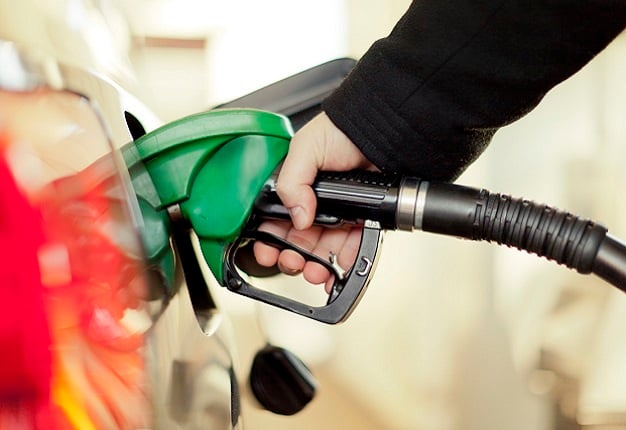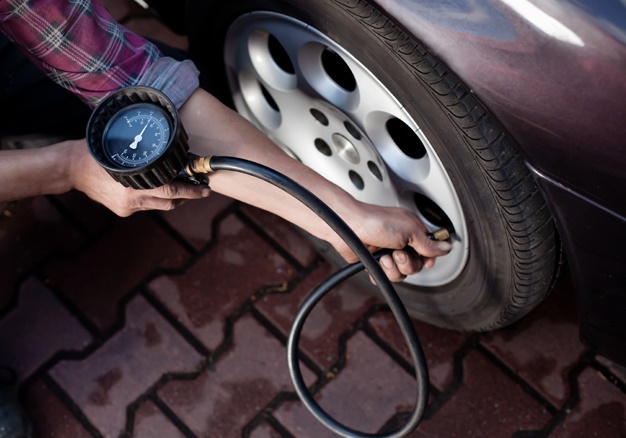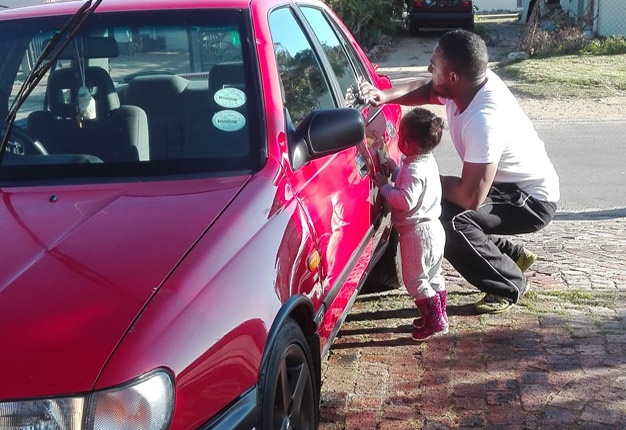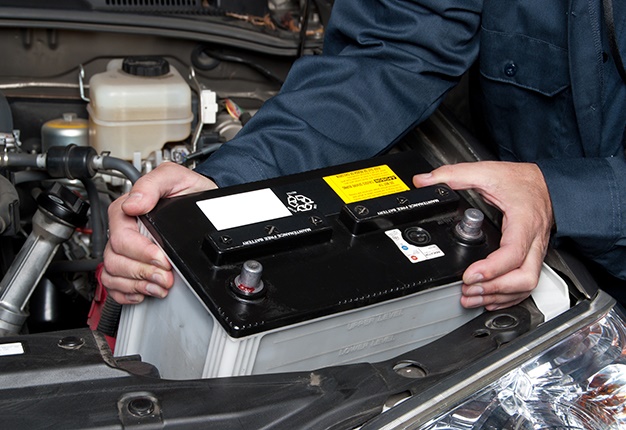
- By: News
- 0 comment
We might be in Level 4 restrictions in South Africa, but we’re still supposed to be staying home and only driving for essential trips to the grocery store or for medical supplies. For most, this means their vehicles are still parked for quite some time too.
However, just because we are in lockdown it doesn’t mean our vehicles should be parked and forgotten – even if you’re doing a once a week essential run to the stores.
With lockdown in full swing, we’re still seeing a lot less traffic on the roads. But not using your car for extended periods doesn’t mean that it doesn’t require maintenance, says Nunben Dixon, Head of Gumtree Auto.
“There are a few things you have to remain cognizant of to ensure your car is in good condition when lockdown lifts and you become more mobile.”
Dixon answers a few common questions about vehicle maintenance during lockdown.
Do you have a car maintenance topic you’d like to read about? Email us here.
1. Does petrol expire?
Petrol does have a shelf life of about six months and can go off. If you are working from home and not using your car, you can prevent oxidization by keeping the tank full. You’ll be able to tell that petrol has gone “off” by the smell.
“There are also excellent fuel stabilizers on the market that can extend shelf-life for up to two years. Alternatively, you can drain the tank and keep your petrol in a clean, plastic container to avoid spoilage inside the tank.”
Image: iStock
2. What should my tyre pressure be?
Tyres will lose air, especially in cold weather. If your car stands still on underinflated tyres, permanent flat spots can form which you will be able to hear and feel when you drive.
“The optimum tyre pressure should be indicated on a sticker on the driver side door. Make a habit of checking pressure regularly, even if you aren’t driving.”
3. Could I just leave my car parked if I am not driving?
Storage becomes especially important when your car is standing still, so check your vehicle regularly by opening the bonnet and starting and idling it once a week not just to keep your battery charged, and everything in running order, but also to scare off potential critters looking for a new home in your car.
“Rats and mice can easily take up residence in your engine or exhaust. If you are storing your car in a garage, make sure you don’t have a pest problem.”
READ | WATCH | These birds found a home in a Toyota Corolla’s wheel arch
4. Why should I wash my car if I am not driving it?
Even if you aren’t driving the car, a wipe down is essential.
“Bugs, tree sap, and pollen can corrode the paint job and lead to rust. Washing your car is a great way to maintain the finish and discover small dents, rust spots and scratches that you may not be otherwise aware of.”
Image: Wheels24 / Janine Van der Post
5. Battery
The average car can remain parked for two weeks to a month without the battery dying, depending on the make and model, the age of the battery and the climate.
“Batteries lose their charge over time. Your car uses power even when it is parked. It’s best to drive a car at least once a week – not idling it, driving it – for about 10km at a time.
“If you are not planning on using your car for a few months, you could disconnect the battery negative cable altogether to prevent the electrical system from drawing power from the battery.”







